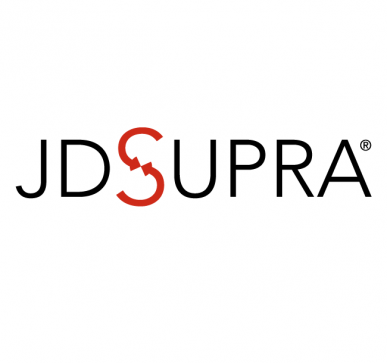As of August 2017, 102 international Jurisdictions are committed to the implementation timelines of the Common Reporting Standard (CRS). There are 49 Jurisdictions that are committed to the first exchange during 2017 and 53 Jurisdictions for 2018.
The OECD is taking extra precautions to ensure that reportable financial information regarding financial institution Account Holders that are subject to reporting is reported. In order to prevent reporting circumvention, the OECD launched a disclosure facility via an on-line form through its Automatic Exchange Portal: (https://survey.oecd.org/Survey.aspx?s=9b9dbd31c73e4b888753a8de3d222214&&forceNew=true&test=true). The purpose of this on-line disclosure facility is to permit interested persons to anonymously report schemes to circumvent the CRS reporting and due diligence procedures.
The OECD has stated that there are potential and perceived loopholes in the CRS that require significant changes and amendments in certain Jurisdictions for the automatic exchange of information to be effective. The OECD Secretary-General (Angel Gurria) has stated that the loopholes and deficiencies within the CRS encourage the use of secrecy to evade taxes. As a result, the OECD put a three (3) step process in place for closing the loopholes and deficiencies:
- Intelligence Gathering: the cooperation of government representatives, business associations, financial institutions, civil society organizations and whistle-blowers gather intelligence on the perceived weaknesses of the CRS in their respective market places.
- Analysis: actual or perceived loopholes that are reported to the Portal are systematically analyzed and risk-assessed. These loopholes could be due to deliberate policy decisions (managing the reporting amount thresholds), an erroneous understanding of the CRS or an unintended potential loophole.
- Action: there will be a course of action for each loophole including: public guidance, sharing amongst governments, providing governments with intelligence, developing best practice “anti-abuse” provisions and collaborating with the Global Forum on Tax Transparency – the largest international tax organization in the world..
The OECD considers the following loopholes as the most serious:
- Financial Institutions assisting with account shifting.
- Residency through investment programs.
- Shifting of assets to non-CRS jurisdictions.
- Shifting of assets within the same jurisdiction.
- Non-cash value insurance products.
The OECD‘s recent whistle blowing feature reinforces its commitment to holding all the participating jurisdictions accountable for their political commitments to fight tax evasion. 2017 is the year of the CRS. The legal framework for data collection and reporting has already been established by jurisdictions that are exchanging information in 2017. The Global Forum on Tax Transparency is ensuring that effective implementation and monitoring takes place through its Peer Review Process.
https://www.jdsupra.com/legalnews/the-oecd-is-focused-on-maintaining-the-44072/





